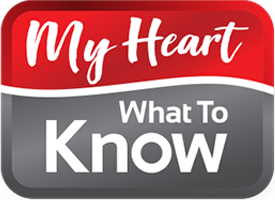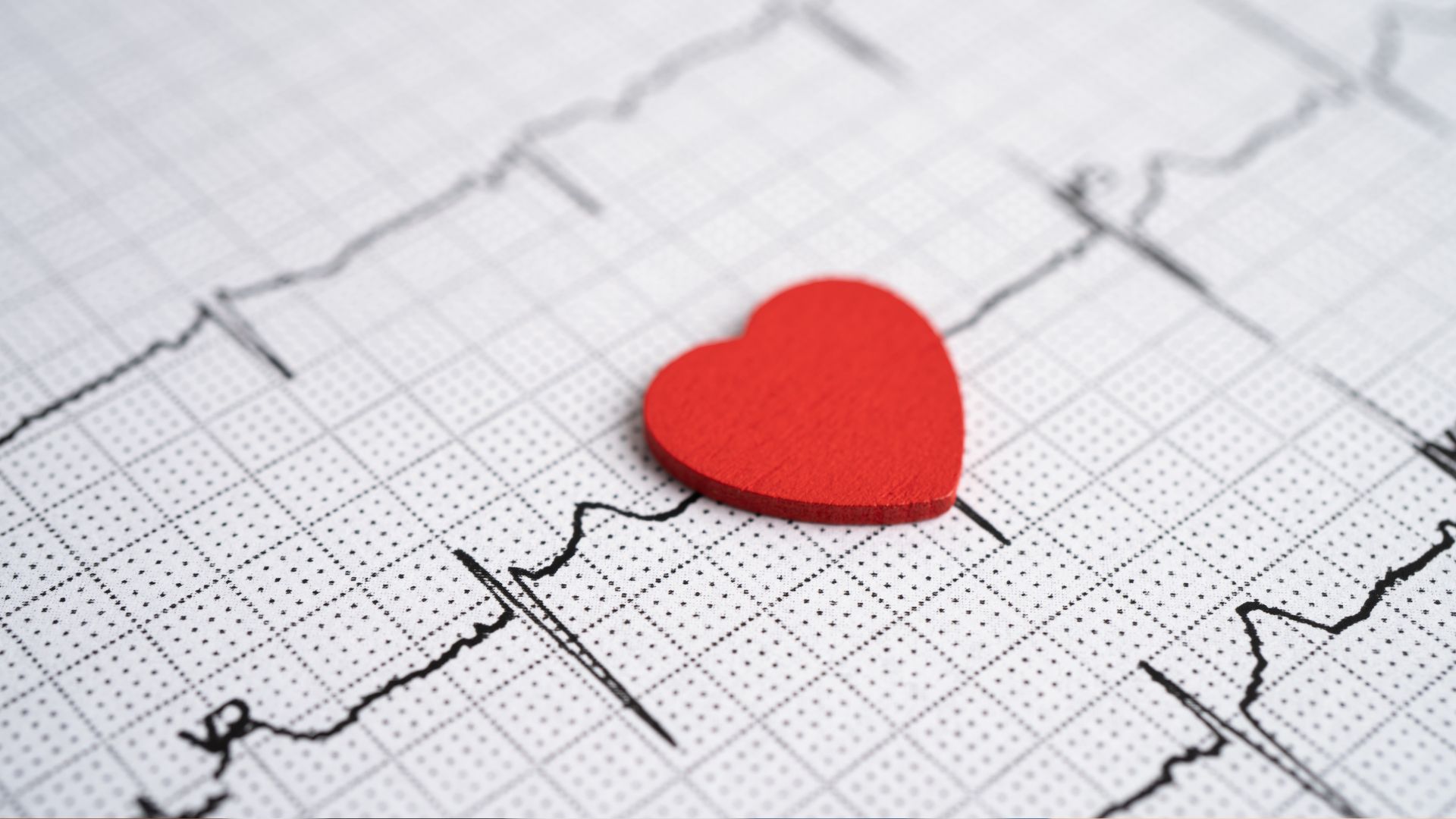A heart attack, or myocardial infarction, is a serious medical event where blood flow to part of the heart muscle becomes blocked, causing damage to the heart tissue. This blockage often results from a buildup of fat, cholesterol, and other substances that form plaques in the coronary arteries.
Because the heart relies on oxygen-rich blood, even a brief disruption in blood flow can cause damage. Consequently, understanding the causes, symptoms, risk factors, and preventive measures is crucial for long-term heart health.
What Happens During a Heart Attack?
A heart attack occurs when a blockage prevents blood from reaching part of the heart. The heart muscle, deprived of oxygen, begins to suffer damage. Without immediate treatment, that damage can become permanent, resulting in scar tissue that weakens the heart’s ability to function effectively.
- Plaque Buildup: Most heart attacks happen due to plaque accumulation in the arteries. Over time, fatty deposits stick to the artery walls, creating plaques that restrict blood flow.
- Blood Clots: Sometimes, the plaque can rupture, causing a blood clot to form at the site. This clot can quickly obstruct blood flow, leading to a heart attack.
- Oxygen Deprivation: Because the heart relies heavily on a steady oxygen supply, even brief interruptions can lead to muscle cell death and damage.
Acting quickly during a heart attack is essential. Emergency treatment can restore blood flow, minimize heart damage, and potentially save a life.
Recognizing Heart Attack Symptoms
Symptoms of a heart attack vary from person to person. While some people experience classic symptoms, others may have subtle signs, especially women and older adults. Knowing these symptoms is crucial, as recognizing them early allows for prompt treatment.
- Chest Pain or Discomfort: Most often, people feel pressure, tightness, or squeezing in the center of the chest. This pain may last for several minutes or come and go.
- Pain Radiating to Other Areas: Frequently, heart attack pain spreads beyond the chest to areas like the shoulders, arms (especially the left arm), neck, back, or jaw.
- Shortness of Breath: Difficulty breathing, even when at rest, is a common warning sign and should never be ignored.
- Cold Sweat: Many people break out in a sudden cold sweat during a heart attack.
- Nausea or Vomiting: Some heart attacks cause feelings of nausea or vomiting, which may be mistaken for indigestion.
- Lightheadedness or Dizziness: Feeling faint or dizzy, particularly if accompanied by chest pain, is a red flag that warrants immediate medical attention.
- Fatigue: Unusual fatigue or tiredness is more common in women and may occur days or weeks before a heart attack.
While any of these symptoms could indicate a heart attack, the presence of multiple symptoms is especially concerning. In these cases, seeking emergency help is essential.
Causes and Risk Factors of Heart Attacks
Heart attacks often result from underlying cardiovascular disease (CVD), but several other factors can increase the likelihood of a heart attack.
- Atherosclerosis: Plaque buildup in the coronary arteries narrows them over time, making it difficult for blood to flow freely.
- High Blood Pressure: Consistently high blood pressure damages the heart and arteries, making heart attacks more likely.
- High Cholesterol: Elevated LDL (“bad”) cholesterol and low HDL (“good”) cholesterol contribute to plaque formation, heightening heart attack risk.
- Diabetes: High blood sugar damages blood vessels and accelerates plaque buildup, putting diabetics at greater risk of heart attacks.
- Smoking: The chemicals in tobacco damage blood vessels, increase blood pressure, and raise cholesterol levels. Both smoking and secondhand smoke are risk factors for heart attacks.
- Obesity: Excess body weight, particularly abdominal fat, increases inflammation, blood pressure and cholesterol and can lead to type 2 diabetes—all of which raise heart attack risk.
- Sedentary Lifestyle: Physical inactivity contributes to high blood pressure, obesity, and poor cholesterol levels, each of which can lead to heart disease.
- Family History: Genetics play a role in heart health. A family history of heart attacks or cardiovascular disease increases individual risk.
- Age and Gender: As people age, their heart attack risk increases. Although men have a higher risk earlier in life, women’s risk rises after menopause.
Preventing Heart Attacks
Although heart attacks can happen unexpectedly, many risk factors are preventable. By focusing on heart-healthy habits, individuals can reduce their chances of experiencing a heart attack.
- Eating a Balanced Diet: A diet rich in whole grains, fruits, vegetables, lean proteins, and healthy fats (like olive oil or avocado) supports heart health. Avoiding saturated fats, added sugars, and excessive salt helps maintain healthy blood pressure and cholesterol levels.
- Exercising Regularly: Physical activity strengthens the heart and improves circulation. Most health experts recommend at least 150 minutes of moderate aerobic activity per week, such as walking, swimming, or cycling.
- Maintaining a Healthy Weight: Achieving and maintaining a healthy weight reduces strain on the heart and lowers blood pressure. Regular exercise and balanced nutrition are key to managing weight effectively.
- Quitting Smoking: Both smoking and exposure to secondhand smoke significantly increase the risk of heart attacks. Quitting smoking benefits heart health almost immediately.
- Managing Stress: High stress levels increase heart rate and blood pressure. Practicing relaxation techniques such as meditation, yoga, or deep breathing exercises helps reduce stress.
- Controlling Blood Pressure and Cholesterol: Regular check-ups are crucial for monitoring these levels. If levels are high, medication and lifestyle changes can help manage them effectively.
- Limiting Alcohol Consumption: Drinking too much alcohol raises blood pressure and can contribute to weight gain. Moderation, or abstaining entirely, supports heart health.
- Monitoring Blood Sugar: High blood sugar levels damage blood vessels and increase heart attack risk. Those with diabetes, in particular, should closely monitor their blood sugar and follow a diabetes-friendly diet.
By incorporating these preventive steps, individuals can significantly reduce their risk of heart attacks and other cardiovascular events.
Immediate Action During a Heart Attack
Because prompt action can save lives, knowing what to do during a heart attack is essential. If you suspect a heart attack, calling emergency services immediately is the first step.
- Stop Activity: Sit down or lie still and try to remain calm.
- Take Aspirin: If available, chew an aspirin to help thin the blood and improve blood flow.
- Use Medication If Prescribed: Those with a history of heart issues may have nitroglycerin tablets on hand. Taking nitroglycerin as directed can help alleviate pain.
- Call for Help: Waiting for medical help to arrive is vital. Avoid trying to drive yourself to the hospital.
Acting quickly can make a substantial difference in treatment outcomes. The earlier the blocked artery is opened, the less heart damage will occur, and the higher chance of a good outcome or survival. Understanding these basic steps and staying aware of symptoms ensures better preparedness in an emergency.
A heart attack is a serious event that requires immediate medical attention and long-term lifestyle adjustments. By understanding the causes, symptoms, and preventive measures, you can make informed choices that can significantly lower your risk of a heart attack. Maintaining a heart-healthy lifestyle, knowing the warning signs, and having a plan for emergencies can all contribute to a healthier future. Taking these steps today can make a world of difference in preserving your heart health for years to come.
—
An important step towards better health for many people is reaching a healthier weight, which can reduce the risk of cardiovascular disease. To find a physician near you who specializes in weight management, click here.
—
All the information provided on this site is for educational purposes only and is not a substitute for professional medical advice, diagnosis, or treatment. My Heart – What To Know is not a healthcare provider or clinic. ALWAYS consult with a qualified healthcare provider regarding any questions you may have about a medical condition. Never disregard professional medical advice or delay in seeking it because of something you have read on this website. If you think you may have a medical emergency, call 911 or go to the nearest emergency room immediately. No physician-patient relationship is created by this website or its use.
This article was sponsored by Novo Nordisk Canada. All content is created independently by My Heart – What To Know with no influence from Novo Nordisk.

